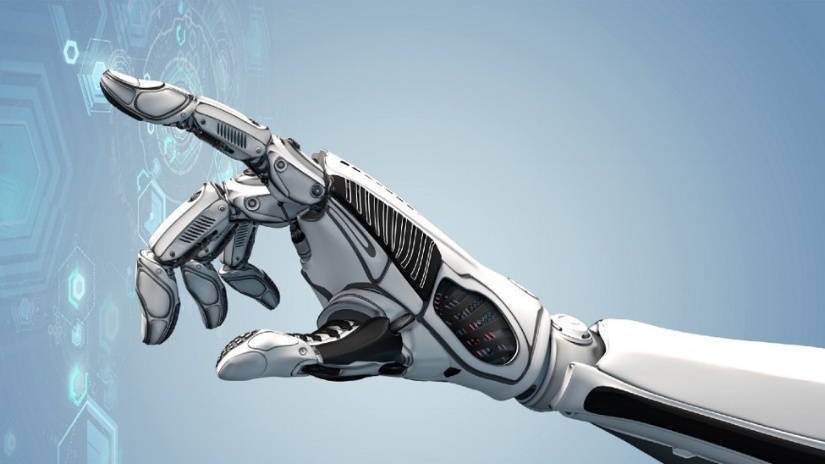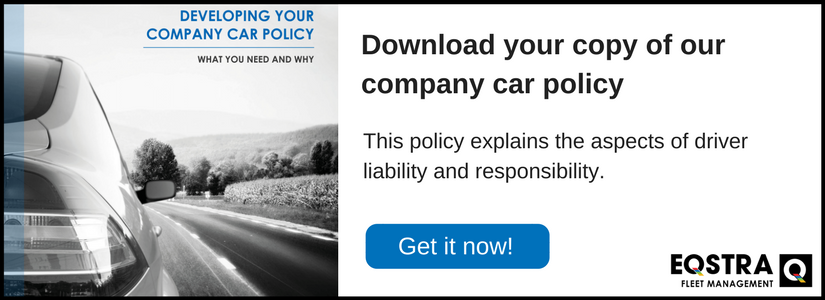
Here’s how you can future proof your fleet as we enter the age of automation and self-driving cars.
Artificial intelligence (AI) has become a buzzword throughout the business community, as people debate what effect automation will have on the human labour force.Fleets are targeted as an industry that could see dramatic changes with the introduction of self-driving cars.
Kevin Kelly, founder of Wired magazine and digital visionary, gave a TED Talk on the subject of automation in which he predicts that the invention of AI will bring on a second industrial revolution. Kevin explains that with onboard AI, a car now has “250 horsepower, but in addition, it's 250 minds”, so cars are now as smart as they are powerful. The benefit of machine intelligence, Kevin explains, is that the car is focused on the task at hand; “It's not being distracted, it's not worrying about whether it left the stove on, or whether it should have majored in finance. It's just driving.” This removes human error from the equation, and will ultimately reduce injuries and fatalities on the roads.
So we understand the benefits of automation and self-driving cars, but what effect will that have on the human labour force? Many fear the introduction of self-driven fleets will cost hundreds of people their jobs and ultimately have a negative effect on the economy. Itracking, a fleet management and vehicle tracking specialist in the UK, wrote a very interesting blog post on ‘The impact of Driverless Cars on Fleet Management’. In their post, they highlighted that self-driving doesn’t mean completely driverless. A self-driven fleet is not as scary as it sounds! Not yet at least...
Driving a car will be like flying an aeroplane.
A self-driving car may not require a driver to operate the steering wheel for long periods of time, however, there still needs to be a human being present in the driver’s seat. The driver will need to operate the vehicle in a similar fashion to a pilot operating a plane - starting the car, setting the controls and being “ready to take control if even the slightest thing goes wrong”.
Gerd Leonhard, a German futurist author and keynote speaker, produced the following video in which he speaks about the human skills we’ll need to develop to adapt to a digitised world.
Gerd says, “the way we work will never be the same”: machines will take over the tedious tasks which can be automated - leaving people to “discover new opportunities in one of the most transformational times in human history”. Gerd predicts that “anything that cannot be automated will become extremely valuable”. He explains “the future is about holistic business models” where human jobs transcend technology, and new roles are created, where people focus on tasks involving communication and building relationships. Human skills which machines aren’t able to simulate like; creativity, imagination, intuition, emotion and ethics will become highly sought after. If you’re looking to future proof your fleet you should encourage staff to begin upskilling themselves, creating a culture of learning in your company. Developing new hard and soft skills in areas of the business which can’t be automated (such as customer relations and strong communication skills) will help your team to stay relevant and keep your business at the forefront of your industry.
